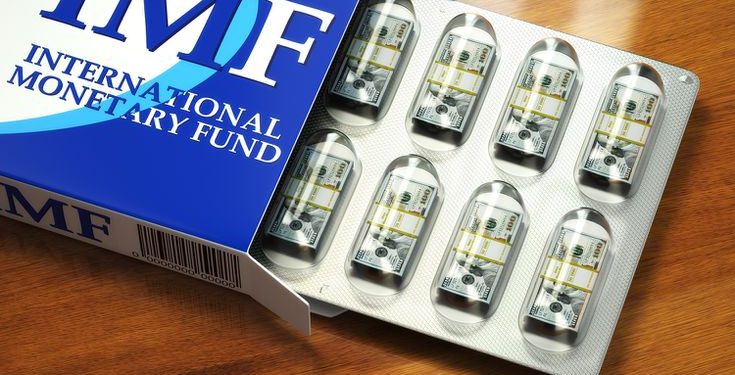After the unprecedented hit to economic activity in emerging market economies from the COVID-19 pandemic, their economic output is projected to shrink by 3.3 percent in 2020.
Central banks across emerging markets responded swiftly and forcefully with an unprecedented response of their own. They did this by using a variety of policy tools and, to a great extent, helped stabilize markets and keep them functioning.
Nearly all central banks cut rates, most of them intervened in currency markets, and about half of them cut reserve requirements for banks, which provided liquidity to the financial system and eased credit conditions.
And some 20 emerging market central banks for the first time launched quantitative easing —formally known as asset purchase programs—by buying government and private sector debt to alleviate stress and help keep markets functioning. Our recent analysis in the Global Financial Stability Report [link to ch 2] shows these asset purchase programs have generally proven effective, including by helping to stabilize local financial markets.

Quantitative easing—a first for emerging markets
The motivation for quantitative easing by emerging market central banks varied across countries. As shown in the chart below, these asset purchases can be grouped into 3 main policy objectives.
First, central banks with policy rates well above zero tended to use asset purchases as a tool to improve bond market functioning (India, South Africa, Philippines). Second, central banks with policy rates closer to the “zero-lower bound” (Chile, Poland, Hungary) partially sought a course similar to advanced economy central banks, where they used quantitative easing to ease financial conditions and provide additional monetary stimulus, as well as for market functioning and liquidity objectives.
And, third, some central banks explicitly stated that one of their objectives was to temporarily ease government financing pressure in the face of the pandemic (Ghana, Guatemala, Indonesia, and the Philippines).

Did asset purchases work?
After almost 6 months of quantitative easing in action, our analysis suggests that these purchases had a generally positive impact on local financial markets.
Importantly, this was the case even when accounting for policy rate cuts, additional large-scale asset purchases by the Federal Reserve, and the strong rebound in global risk appetite. In particular, asset purchases by emerging market central banks helped lower government bond yields without seeing accompanying depreciations in local currencies. They also gradually helped lower local market stress.

An expanding policy toolkit
Beyond the current pandemic, the positive experience with asset purchases may motivate more emerging market central banks to consider unconventional monetary policy as a key part of their policy toolkit, especially when conventional policy space is limited. Asset purchases may be suitable for some central banks, depending on the market conditions they face, and their ability to implement them successfully.
But policymakers should consider both the benefits and potential significant costs of quantitative easing. If asset purchases—especially if large-scale and open-ended—are used regularly in the future, then several risks may arise: institutional and central bank credibility may be weakened; capital outflow pressure may intensify, especially in countries with weaker fundamentals; and concerns about fiscal dominance may arise among investors.
These risks need to be weighed before central banks embark on a shift in their policies and their implementation.
More work to do
To sum up, emerging market asset purchase programs can be helpful, but further evaluation is needed as more data become available on their effectiveness, especially if these purchases continue.
A few lessons are already emerging: Asset purchases appear to be more effective when used jointly as part of a broader macroeconomic policy package. Transparency and clear communication are crucial to minimize risks to the credibility of central banks with asset purchases—especially in countries with weaker institutional frameworks.
In most cases, asset purchase programs should be limited in time and scale and should be linked to clear objectives. Finally, purchases should preferably be made in secondary markets, as purchases in the primary market or at below market rates can affect the process of determining the fair price of bonds. Primary market purchases can also raise concerns that central banks will sacrifice their price stability mandated objective in order to finance the government (fiscal dominance).








